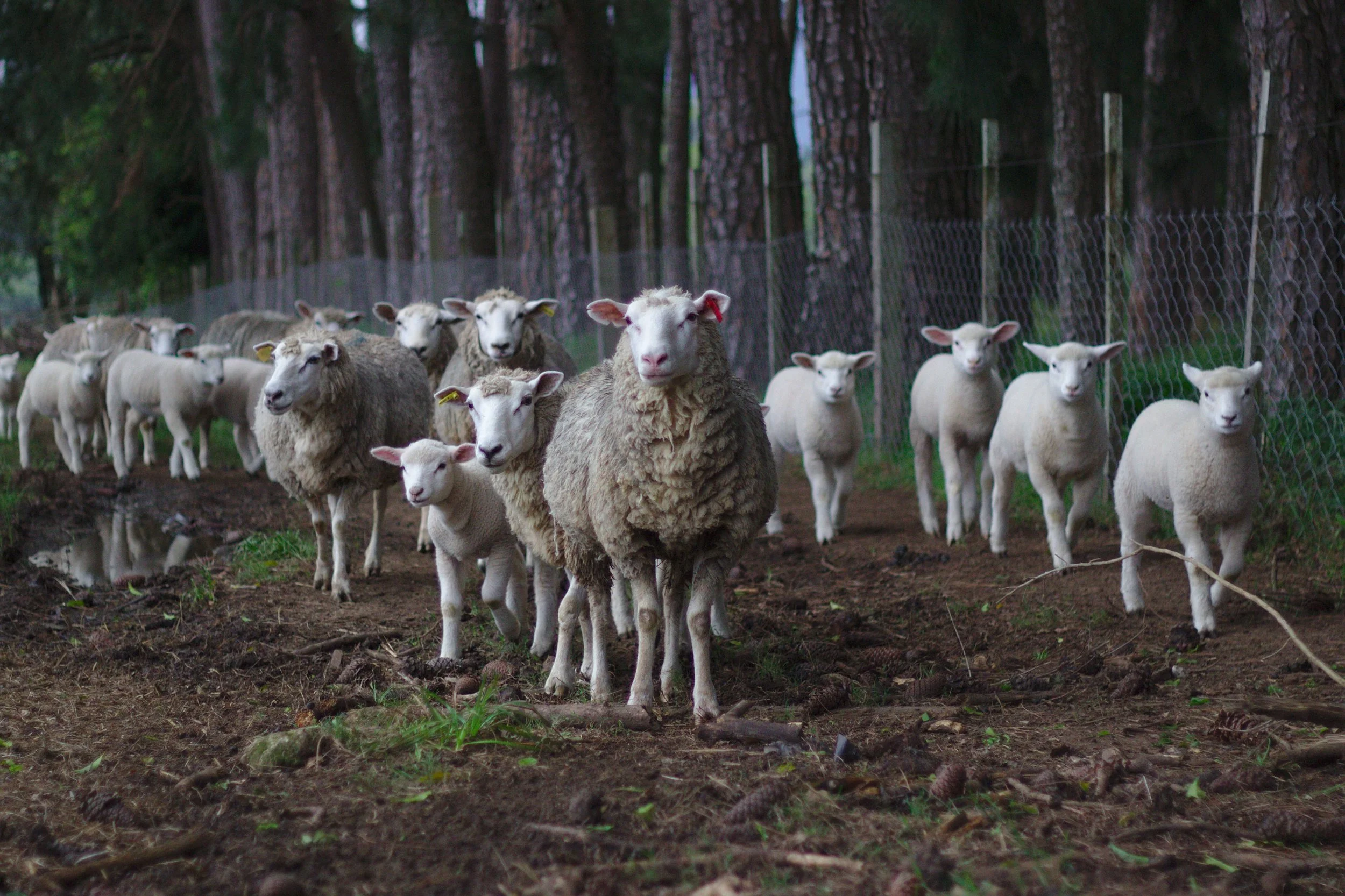Do you need to exclude to belong? ‘Us’ and ‘them’ talk
Thankfully there is growing attention focused on the need to include people at work. I think for many of us we get this, and we try our hardest to commit to creating safety for those currently experiencing exclusion.
Of course, it’s easy for us to see what exclusion looks like at the toxic end of the spectrum; But how do we all get better at thinking about the less obvious ways in which we exclude?
How do we get better at thinking about the less obvious ways in which we exclude?
I am running a program to help a newly merged organisation integrate their teams successfully and quickly. There are several stages that are needed for people to successfully progress through the stages of change.
I was running a workshop last week when the conversations had an ‘us’ and ‘them’ quality. "They just don’t understand our why", "We communicate differently from them", "Their processes are unhelpful for us" were themes that emerged. I reflected this to the group and we had an interesting conversation about what happens when we are in fear.
When in fear, we often pull towards the things that make us feel safe, in this case, the 'old', the 'predictable' and the familiar. This response requires a tightening of boundaries, a level of enrolment of the 'original' grouping and reassurance from others who feel the same. This tightening of boundaries means there is an in and there is an out. Essentially the need to feel safe has driven this group to exclude.
Sometimes we exclude others to help us feel like we belong.
My mission is to help this newly formed organisation de-tribe (let down their boundaries of exclusion) so they can re-tribe (create new boundaries).
What do you think? Do you see this type of excluding happening as a response to fear? People excluding others as a way of helping them feel like they belong? I’m even reflecting here as I write this, look at my first paragraph, how often does the word ‘they’, ‘us’ or ‘we’ imply there is a ‘not they’, ‘not us’, ‘not we’?’
Let's turn towards the ways in which we exclude selfishly for 'safety' so we can progress on true inclusion.
As ever, I'd love to hear your thoughts on this.
I love the potential conversations we could be having. Here are a few things I’m imagining.
If you would like to run a tried and tested program with your teams to build trust and safety. The program I run is extremely valuable in driving transparent conversations so that decisions get made faster, stuff gets done to a higher quality and there is less angst. The Safe Space Program
Me training your colleagues on how to have conversations that create growth. This program teaches people how to have conversations that drive performance and engagement. It includes all things to do with effective feedback, difficult conversations and responsibility of leadership. Conversation Creates Growth
Cultural work based on maximising collective intelligence. We work on several 1-3 year programs to help an organisation transform the behavioural flexibility of their workforce. This is relevant for those who are newly merging, have a new structure, or new methodology (e.g. agile) that must succeed, but success will 100% rely on the behaviours of the people. Behavioural Flexibility
Accessing one of my keynotes for your internal organisation or to recommend me to speak at an industry event. Speaking
Of course, I'd also be delighted to talk if you think I can help +61 421 955 700
Amy helps teams use the psychology of groups to their advantage. Her programs drive connection, communication and courage for remarkable achievements. Please see The Safe Space and DrAmySilver.com



